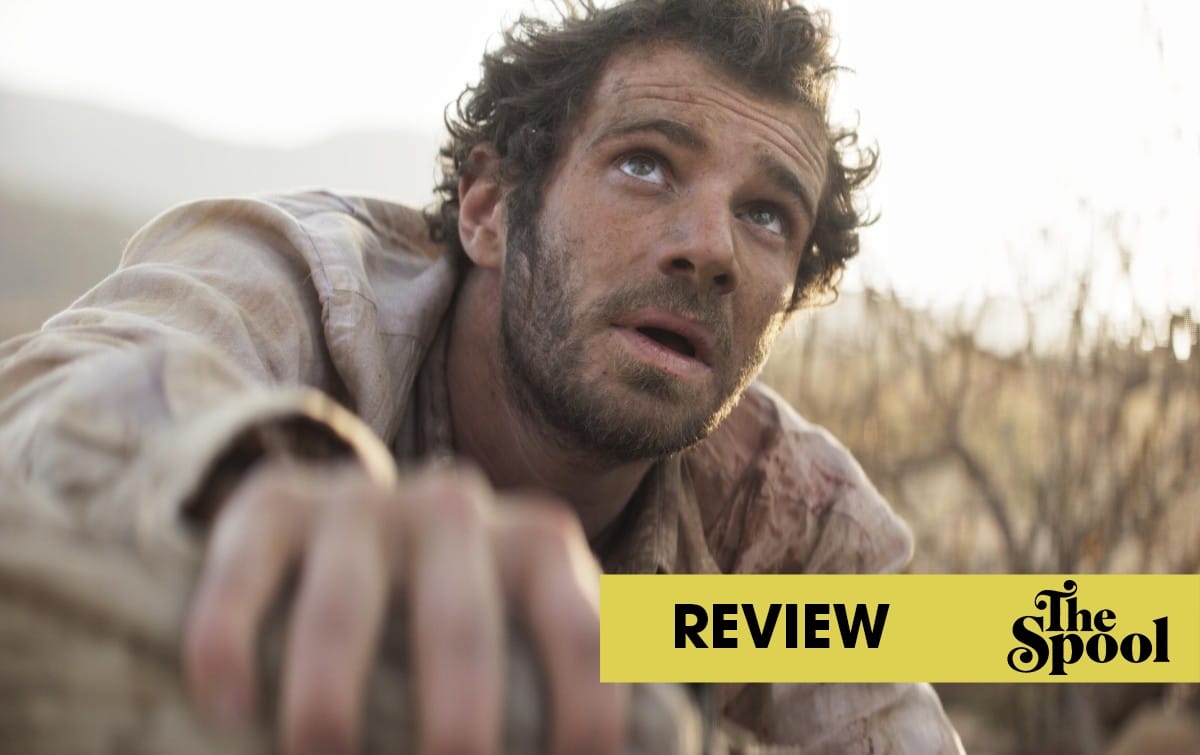Read also:
How to Watch FX Live Without CableHow To Watch AMC Without CableHow to Watch ABC Without CableHow to Watch Paramount Network Without CableThe Hulu original series about the Syrian Civil War offers strong performances and unexpected dark humor.
Beginning as a series of peaceful protests in 2011 inspired by the Arab Spring, the Syrian Civil War has gone on for nearly a decade, taking over 400,000 lives. In the midst of this bloody conflict ISIS, the extremist terrorist group which began to form at the turn of the century, rose to prominence in Syria and the broader global consciousness. No Man’s Land uses this setting as the background to telling the story of a French man who gets tangled with the YPJ (an all-female militia) as he looks for his sister who he assumed was dead, but saw in the background of a news report with the militia.
Our lead is Antoine Habert (played by Félix Moati), an engineer in France, whose sister Anna (Mélanie Thierry) supposedly died in an attack in Egypt in 2011 – three years before this series begins. Moati gives an impassioned and charming performance, serving as a great entry point for the audience into this new world. He makes you believe in his dogged determination to find his sister and captures the terror of being thrust into this new environment – aided by some disorienting cinematography from Stéphane Vallée. Frustratingly, the writing of his arc takes far too long to catch up with his performance. Antoine is a bit of a blank slate, and the relationship drama they try to hitch onto him which doesn’t land. Until some flashbacks in episode six, we don’t get a sense of who Anna is as a person and she feels more like a plot-point than a character. The A-plot taking so long to get good, the moments we spend on it early on almost feel like wasted time.
No Man’s Land is at its best when it focuses on the fascinating supporting cast. This cast is split into two parts. On the one hand we have a parallel story to the main narrative, with three childhood friends from Britain who have joined ISIS trying to adapt to this new environment and dealing with the reality of their new lives. Each member of this trio, played by James Krishna Floyd, Jo Ben Ayed and Dean Ridge, give fantastic nuanced performances that manage to evoke sympathy for characters who are doing horrible things. They also add some interesting wrinkles to the portrayal of ISIS, by interrogating what socio-economic conditions would cause someone to travel halfway across the world to kill people for a religious extremist group. There is no holding back here in terms of the horror of ISIS, but the combination of Oded Ruskin’s intense direction and excellent performances from the cast means that the emotional weight is far more affecting than the shock of the violence.
On the other hand, we have the members of the YPJ, some of them being Kurdish locals, but the people we focus on are mostly volunteers who came from the West. The group we follow has great chemistry and some really charming gallows humour. We spend the most time here with Sarya (Souheila Yacoub) who teaches Antoine how to survive in this hostile circumstances. Yacoub is consistently giving off a badass energy, but deftly shifts into being more vulnerable – with some subtle non-verbal emoting. Unfortunately, she rarely gets to hold the limelight and I wish she was given more time on screen to explore those vulnerabilities.
Some of the best moments of No Man’s Land come when these two sides come into conflict. Boaz Mann and Omri Zalmona’s sharp editing builds tension as you see these people you’ve invested in come into conflict. Framed against the beautifully shot dust clouds and valleys, these battles are nail-bitingly intense, throwing you off balance without making you completely clueless as to what’s happening. Emotional stakes and spectacle are synthesized here to make these scenes brilliant.
A notable thing about No Man’s Land is how all the characters we spend real amounts of time with are Western. The Kurdish members of the YPJ are mostly background characters without individual identities, and the same applies to most of the members of ISIS who aren’t our British trio. The effect of this is that you get an incomplete picture of the region and the conflict because you are looking at it entirely from the lens of people who didn’t know Syria before the Civil War. This means No Man’s Land unconsciously falls into the broader Western idea that the Middle East is an endless theatre of war rather than a place where real people live. It also weakens the stakes. What does it matter if ISIS captures another town when you never get a sense of what the town meant to the people living there before it became another military target?
This isn’t to say that they don’t question Westerners and their involvement. There are some interesting critiques of the motivations of the volunteers. For example, one of them is a writer and a dreamer, who is clearly there to question the way that Westerners will project their political ideals onto foreign conflicts and people. In other places there are direct critiques of neo-colonial influences that other countries attempt to exert in Syria. However, all this critique is undermined by the refusal to centre any local voices, reinforcing the same issues it is trying to critique.
The war in Syria is not an easy place to situate a TV show, but No Man’s Land makes it work, with deep characters and tense action. It takes a long time to get going, and has some real flaws, but by the end will have you thrilled and on the edge of your seat.
No Man’s Land is now available on Hulu

